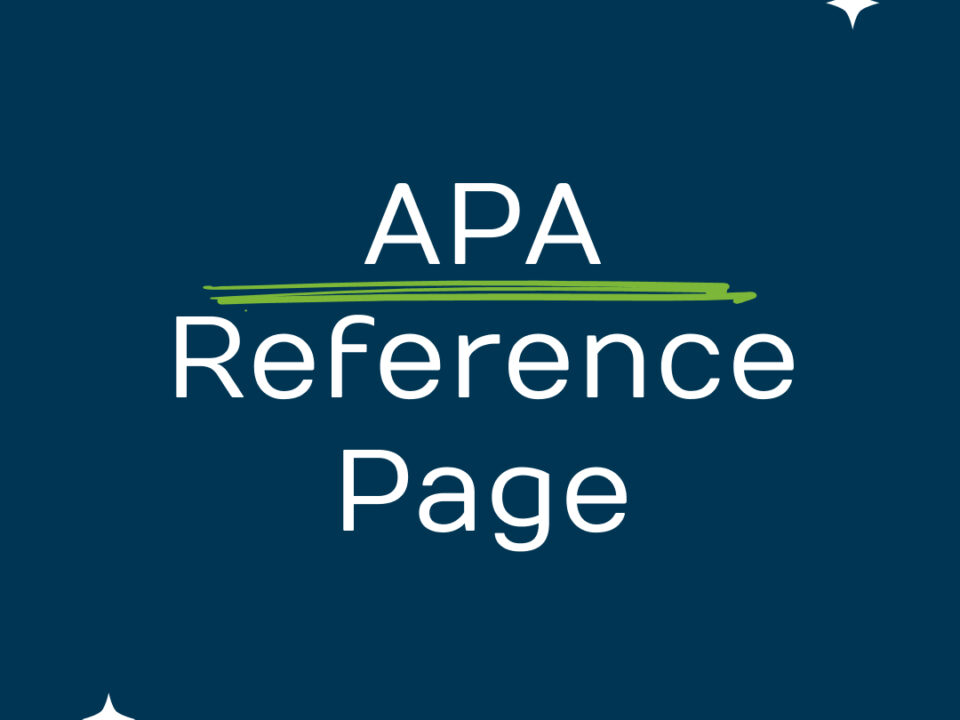
ISI Journal vs Scopus: A Comparative Analysis for Academics
December 26, 2024Boost Your Resume: The Impact of ISI Papers on Your Career Growth!
December 26, 2024Introduction to Research Tactics and Academic Integrity
The world of academic research is founded on the unwavering pillars of integrity and ethics. Proper conduct in research practices not only enhances the credibility of individual researchers but also the institutions they represent and the field of at large. Committing to ethical academic work is an exercise in maintaining the trust public has in scientific findings and scholarly reports, solidifying the important role that researchers play in societal advancement.
Understanding the Fundamentals of Research Ethics Guidelines
Research ethics guidelines serve as the compass guiding researchers through the maze of moral dilemmas that can arise. These guidelines encompass respect for confidentiality, informed consent, transparency, and the responsible use of data. Understanding these fundamentals is paramount for researchers to recognize potential ethical issues before they become problematic.
Best Practices for Ensuring Ethical Research Practices
Ensuring ethical research practices involves a proactive approach. It starts with thorough literature reviews to avoid redundant studies, includes obtaining consent from participants, and extends to the honest reporting of methods and findings. Staying informed about ethical standards and reviewing peer requirements are also crucial steps in fostering best practices.
Cultivating Academic Honesty in Research Studies
Honesty forms the backbone of credible research. Cultivating it requires a conscious effort to present findings truthfully, acknowledge limitations, and credit inspiration where it’s due. Educational institutions play a critical role in embedding these values early on by embedding them in their curricula and culture.
Techniques for Maintaining Integrity in Scholarly Work
Maintaining integrity in scholarly work demands diligence and attention to detail. It involves clear record-keeping, careful analysis, and straightforward reporting. Implementing peer-review processes and seeking mentorship can enhance the adherence to these standards, ensuring scholarly work remains unblemished by bias or false representation.
Upholding Ethical Standards in Academic Research
Upholding ethical standards is an ongoing process that evolves as new ethical dilemmas emerge with technological and methodological advancements. Regular training sessions, workshops, and seminars on research ethics can keep investigators up-to-date and vigilant.
Comprehensive Strategies for Plagiarism Prevention in Academic Writing
A comprehensive strategy to combat plagiarism includes the use of software tools to check for originality, teaching proper citation practices, and promoting a deeper understanding of intellectual property rights. Essentially, creating an environment where original thought is valued and recognition of others’ contributions is a norm can significantly prevent plagiarism.
Foundations of Research Integrity and Ethical Compliance
The foundations of research integrity require a robust framework where ethical compliance is monitored and enforced. Institutions must provide clear policies and procedures alongside resources that facilitate ethical research. Such infrastructure helps to establish a standard that all members of academia can adhere to and uphold.
Ethical Considerations in Academic Work and Decision-Making
Incorporating ethical considerations into decision-making involves weighing the potential impact of research on various stakeholders, including participants, the scientific community, and society. This requires an understanding of ethical theories and principles that can guide decisions towards the greater good while minimizing harm.
Principles of Responsible Research and Publication Ethics
Responsible research and publication ethics revolve around honesty, accountability, professional courtesy, and fairness. These principles ensure that the efforts of researchers culminate in the dissemination of accurate, thoroughly vetted information that advances the body of knowledge ethically and responsibly.
Navigating Ethics in Academic Data Collection Processes
In collecting data, respect for participant rights, data protection laws, and informed consent are central ethical concerns. Transparent communication about the use and storage of data, along with the assurance of confidentiality, is critical. By navigating these ethical shores carefully, researchers uphold human dignity and trust.
Adhering to Academic Ethical Codes: A Step-by-Step Guide
Adherence to academic ethical codes can be systematized through a step-by-step approach starting from protocol development to data dissemination. At every stage, deliberate decisions based on institutional guidelines and ethical norms should be made, serving as a roadmap to ethical excellence.
Avoiding Misconduct in Research Activities Through Vigilance
Vigilance is the key to avoiding misconduct. This means being continuously watch makes one ward off falsification, fabrication of data, and other forms of ethical breaches. Promoting a culture of accountability and self-regulation can deter misconduct and embed a legacy of integrity.
Implementing Ethical Research Strategies for Trustworthy Outcomes
Strategic implementation of ethical research practices leads to trustworthy outcomes. By following an ethically sound methodology and engaging in reflection and review, researchers can confidently stand by their results, knowing that they have contributed positively to the collective knowledge in a responsible manner.

